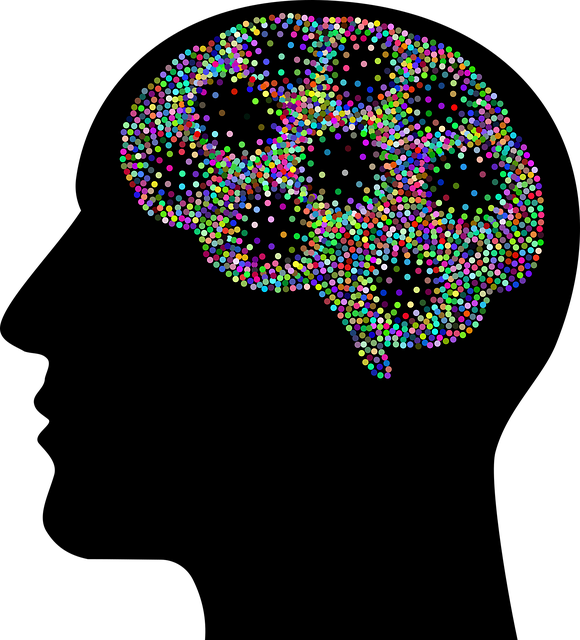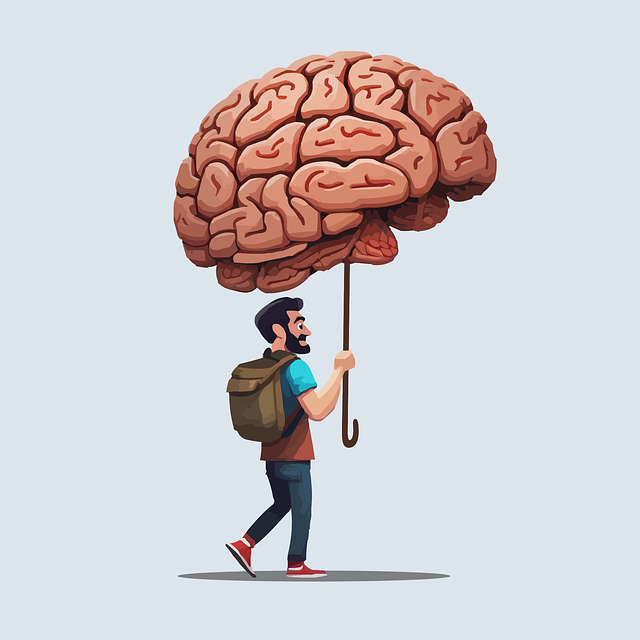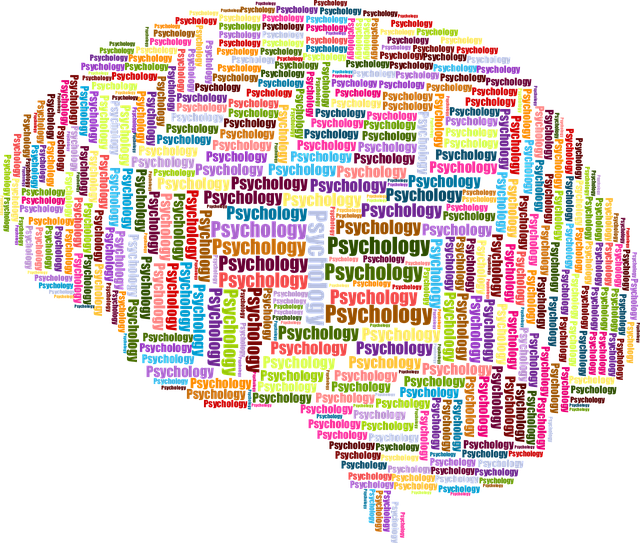In today's fast-paced world, mental wellness is crucial, and personalized self-assessment tools help individuals manage emotions like anger or trauma. Organizations like Westminster Anger Management Therapy offer services such as Trauma Support and Stress Management Workshops to promote resilience and healthy coping mechanisms. A comprehensive mental wellness assessment should cover various aspects, be culturally sensitive, and integrate feedback for tailored recommendations. Future tools will leverage AI and virtual reality for personalized support, early interventions, and safe practice scenarios.
In today’s fast-paced world, prioritizing mental wellness is paramount. This article explores the development of mental wellness self-assessment tools, highlighting their crucial role in empowering individuals to take control of their psychological well-being. We delve into how approaches like Westminster Anger Management Therapy contribute to creating effective assessment solutions. By examining key components and integrating feedback with data analysis, these tools offer personalized care. Additionally, we preview future trends, ensuring mental wellness self-assessment remains innovative and responsive to evolving needs.
- Understanding the Need for Self-Assessment Tools in Mental Wellness
- The Role of Westminster Anger Management Therapy in Developing Effective Tools
- Key Components of a Comprehensive Mental Wellness Self-Assessment
- Integrating Feedback and Data Analysis for Personalized Care
- Future Trends and Innovations in Mental Wellness Self-Assessment Tools
Understanding the Need for Self-Assessment Tools in Mental Wellness

In today’s fast-paced world, mental wellness is a critical aspect of overall well-being that often requires personalized attention and care. Self-assessment tools play a pivotal role in empowering individuals to take charge of their mental health, offering valuable insights into their emotional states and potential areas of concern. These tools are essential for early detection, prevention, and intervention, especially when it comes to managing complex issues like anger or trauma. By providing individuals with the means to regularly evaluate their mental state, self-assessment becomes a powerful ally in promoting resilience and fostering healthy coping mechanisms.
For instance, Westminster Anger Management Therapy has recognized the importance of such tools in supporting clients’ journeys towards emotional intelligence and stress management. Recognizing that anger is often a symptom of underlying issues, they offer Trauma Support Services to help individuals process and overcome past traumas. Additionally, through Stress Management Workshops Organization, they empower people with practical strategies to navigate daily stressors, ultimately improving their overall mental wellness.
The Role of Westminster Anger Management Therapy in Developing Effective Tools

Westminster Anger Management Therapy plays a pivotal role in developing effective mental wellness self-assessment tools. By focusing on anger management, this therapy offers valuable insights into an individual’s emotional responses and triggers, which are crucial components for any comprehensive self-assessment. Through various techniques like cognitive behavioral therapy, clients learn to identify and challenge negative thought patterns, improve their conflict resolution skills, and enhance self-esteem—all essential aspects for maintaining good mental health.
Moreover, Westminster Anger Management Therapy contributes to the creation of tools that cater to healthcare providers’ burnout prevention strategies. Healthcare professionals often face high-stress situations, and learning effective anger management techniques can help them cope with these challenges. Integrating conflict resolution techniques into self-assessment tools empowers individuals to navigate difficult interactions with better control, thereby reducing stress and promoting healthier work environments, specifically in the healthcare sector.
Key Components of a Comprehensive Mental Wellness Self-Assessment

A comprehensive mental wellness self-assessment tool should incorporate several key components to effectively evaluate an individual’s psychological state and guide tailored interventions. Firstly, it must include a wide range of questions that delve into various aspects of mental health, such as mood management, anxiety levels, sleep patterns, and social functioning. This holistic approach ensures that the assessment captures potential issues across different domains. For instance, Westminster Anger Management Therapy emphasizes the importance of addressing anger-related problems alongside other common mental health concerns.
Additionally, cultural sensitivity in mental healthcare practice is crucial. The self-assessment should be designed with an awareness of diverse cultural backgrounds, ensuring that it is inclusive and respectful. Questions should be worded carefully to avoid stereotypes or assumptions, allowing individuals from all walks of life to accurately reflect their experiences. This consideration aligns with the broader goals of Mental Health Policy Analysis and Advocacy, which aim to promote equitable access to mental wellness services for marginalized communities.
Integrating Feedback and Data Analysis for Personalized Care

Integrating feedback and data analysis is a pivotal step in developing personalized mental wellness self-assessment tools. By collecting and analyzing user responses, these tools can provide valuable insights into individuals’ emotional regulation abilities, conflict resolution techniques, and areas needing improvement. For instance, a self-care routine development program could utilize Westminster Anger Management Therapy methods to assess users’ anger triggers and coping strategies, offering tailored recommendations for stress reduction.
This process enables professionals to move beyond generic solutions, catering to the unique needs of each individual. Through continuous feedback loops, self-assessment tools can evolve, incorporating effective practices like conflict resolution techniques to enhance emotional well-being. Such personalized care ensures that users not only address current mental health challenges but also develop strategies for long-term resilience and improved quality of life.
Future Trends and Innovations in Mental Wellness Self-Assessment Tools

The future of mental wellness self-assessment tools is poised for significant advancements, driven by evolving technology and a growing emphasis on holistic well-being. Artificial Intelligence (AI) and machine learning algorithms are set to play a pivotal role in enhancing accuracy and personalization. Tools powered by AI can analyze vast amounts of data to identify patterns and provide tailored recommendations for various mental health concerns, including anger management issues addressed by Westminster Anger Management Therapy. For instance, AI-driven chatbots could offer immediate support and guidance, while advanced analytics predict potential risks and facilitate early interventions.
Additionally, virtual reality (VR) technology has the potential to revolutionize self-assessment practices, creating immersive experiences that simulate real-life scenarios. This approach can be particularly useful for practicing conflict resolution techniques and empathy building strategies, which are essential components of community outreach program implementations. By providing a safe and controlled environment, VR assessments can help individuals confront challenging situations, thereby improving their emotional intelligence and coping mechanisms.
The development of mental wellness self-assessment tools is a crucial step towards empowering individuals to take charge of their psychological well-being. As highlighted by the integration of Westminster Anger Management Therapy’s expertise, these tools can be highly effective in early intervention and personalized care. By combining comprehensive assessment components with advanced data analysis, we can create innovative solutions that cater to individual needs. Looking ahead, future trends promise even more sophisticated methods, ensuring mental wellness support is accessible, tailored, and efficient for all.














